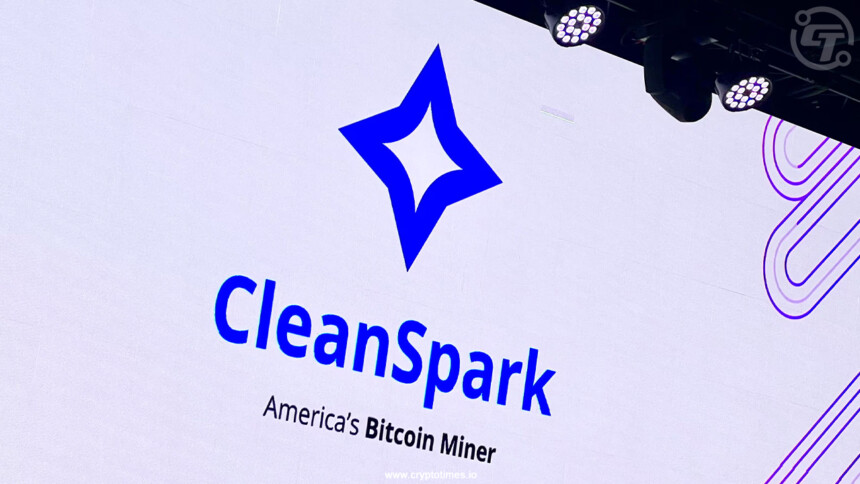The Department of Justice and the Securities and Exchange Commission of the United States asked the Supreme Court to proceed with the case against Nvidia for securities fraud
In an amicus brief filed on October 2, U.S. Solicitor General Elizabeth Prelogar and SEC senior lawyer Theodore Weiman said that the U.S. is interested in the Nvidia case because it has to do with “pleading falsehood and knowing wrongdoing in private securities-fraud class actions under the Private Securities Litigation Reform Act of 1995.”
Both agencies said that the class action had “sufficient details” to justify reopening the case, even though it had been thrown out by a court in 2021. They also said the Supreme Court should allow an appeals court to bring the case back to life.
The U.S. Department of Justice said:
“The United States therefore has a strong interest in the proper construction of the PSLRA and has previously participated as amicus curiae in cases regarding the interpretation and application of the PSLRA.”
Also, 12 former SEC officials filed a different brief supporting the class action suit on the same day. The brief talked about how important it is for the integrity of U.S. capital markets for private companies to follow federal security rules.
They also said that Nvidia’s reasons for opposing the case meant that the class group had to be able to see “internal company documents and databases before discovery” and that experts couldn’t be used during the pleading stage. In the brief, the former officials also said, “The law or good policy supports neither.”
Crypto fraud claims have been made against Nvidia.
On Oct. 2, six more amicus briefs were filed on behalf of the class group. Law professors, institutional investors, the American Association for Justice, and the Anti-Fraud Coalition wrote these.
The case against Nvidia and its CEO, Jensen Huang, was first implemented in 2018. The people suing Nvidia said the company lied to investors about how much of its sales were for crypto-related operations.
The group of plaintiffs said that the company broke the U.S. Securities Exchange Act of 1934 by telling the public statements that were materially false or misleading about how much Nvidia’s sales rested on crypto mining.
The case was thrown out in 2021, but the Ninth U.S. Circuit Court of Appeals in San Francisco brought it back with a 2-1 vote. In 2022, Nvidia decided to pay $5.5 million to settle charges with U.S. authorities. The charges said the company did not give enough information about how crypto mining would affect its game business.
After that, during a 2022 second-quarter earnings call, Nvidia executive vice president Colette Kress said the company was leaving the crypto space because their crypto-related efforts were bringing in so little money.

Even though Nvidia thought that making crypto-mining tools would bring in more than $400 million in 2018, it only managed to make 18%.



